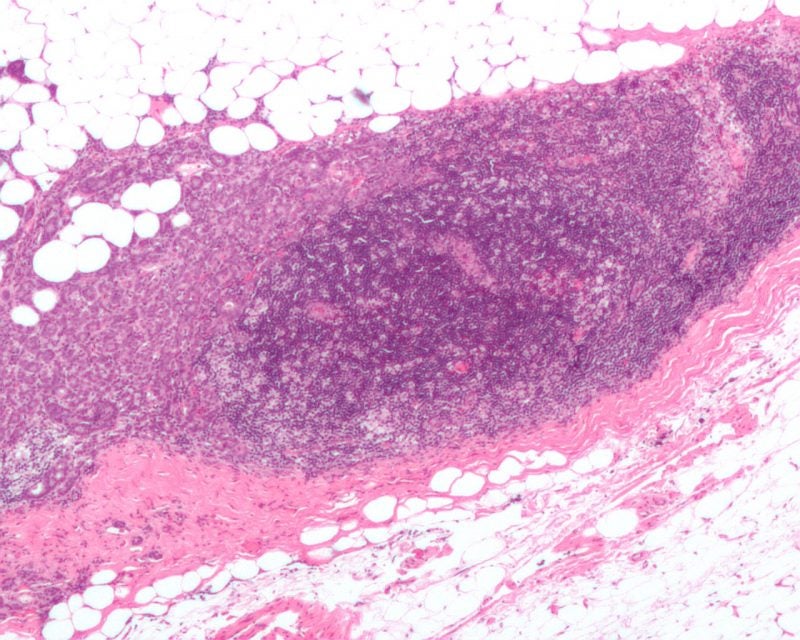
PharmAbcine has enrolled and dosed the first subject in the Phase II clinical trial of its therapy, olinvacimab, plus Keytruda (pembrolizumab), to treat metastatic triple-negative breast cancer (mTNBC), in Australia.
Olinvacimab is an anti-vascular endothelial growth factor receptors (VEGFR2) antibody, while Keytruda is an anti-programmed cell death protein 1 (PD1) drug of Merck (MSD).

Discover B2B Marketing That Performs
Combine business intelligence and editorial excellence to reach engaged professionals across 36 leading media platforms.
The open-label, multicentre trial plans to enrol 36 mTNBC patients who are immuno-oncology drug naive, irrespective of the PD-L1 status.
It will assess the clinical safety, efficacy, pharmacodynamics and VEGFR2 expression level of the combination treatment.
The Phase II trial has been initiated based on data from the Phase Ib trial of olinvacimab plus pembrolizumab for mTNBC that is still underway in Australia.
Interim results showed that the combination treatment demonstrated a clear safety profile and favourable efficacy results, including 50% overall response rate and 67% disease control rate in the high-dose olinvacimab arm.

US Tariffs are shifting - will you react or anticipate?
Don’t let policy changes catch you off guard. Stay proactive with real-time data and expert analysis.
By GlobalDataFurthermore, a participant with partial response (PR) showed complete response (CR) in the target lesion and another subject with PR demonstrated CR in a non-target lesion.
PharmAbcine CEO Dr Jin-San Yoo said: “It is thrilling to have reached this important milestone as this study is critical towards offering a potential new treatment for the mTNBC patients
“PharmAbcine is grateful for the collaborative work with MSD, and we are glad that the recruitment process remains on track. We all look forward to generating another encouraging data in a larger population setting.”
In a separate development, Japan’s Ministry of Health, Labour and Welfare (MHLW) granted approval to Keytruda plus Lenvima to treat unresectable, advanced or recurrent endometrial carcinoma patients who have progressed following chemotherapy.
Discovered by Eisai, Lenvima is an orally available inhibitor of multiple receptor tyrosine kinase.
In July this year, Merck reported that Phase III KEYNOTE-522 trial of Keytruda plus chemotherapy offered a statistically significant event-free survival (EFS) in people with high-risk early-stage TNBC.
Meanwhile, Regor Therapeutics obtained the US Food and Drug Administration (FDA) authorisation to commence Phase I trial of its next-generation targeted inhibitor, RGT-419B for breast cancer.
The company anticipates the drug to boost the safety and fight the resistance to presently approved CDK4/6 inhibitors used along with an endocrine-based drug to treat hormone receptor-positive (HR+), human epidermal growth factor receptor 2 negative (HER2-) advanced or metastatic breast cancer in women.





